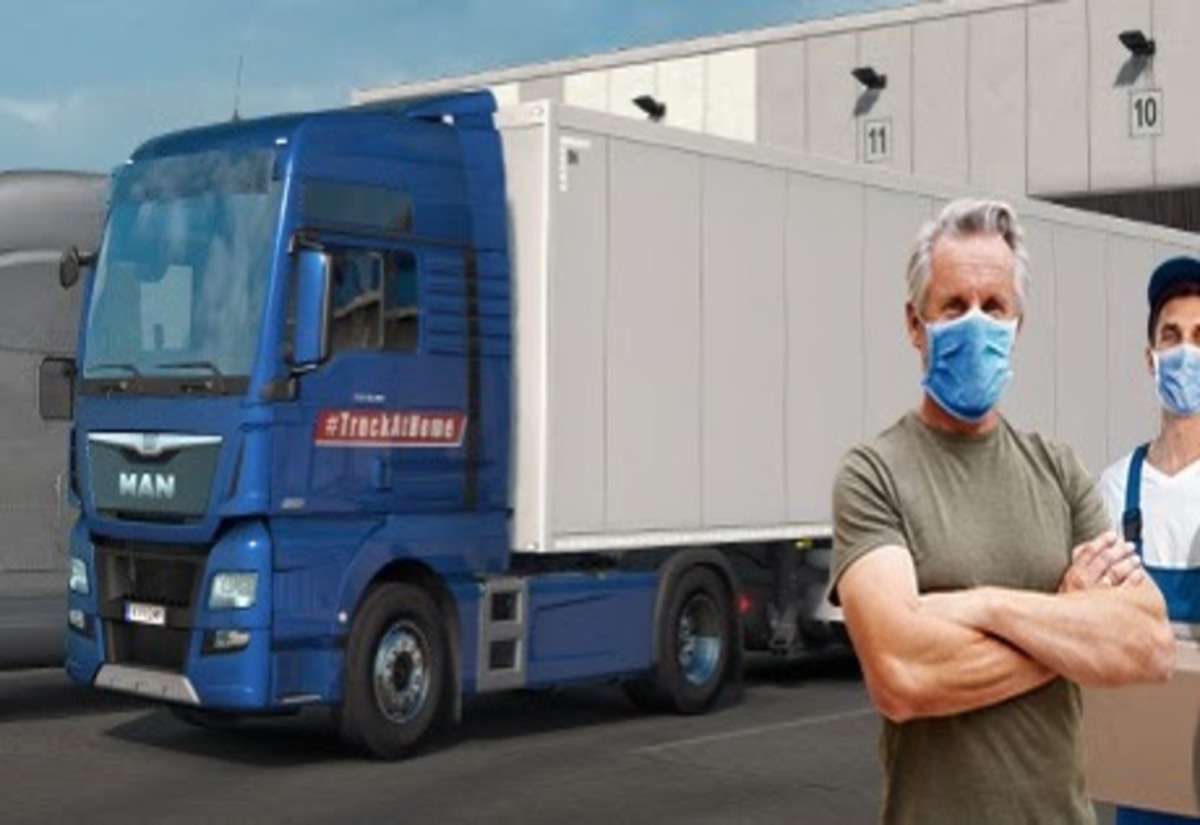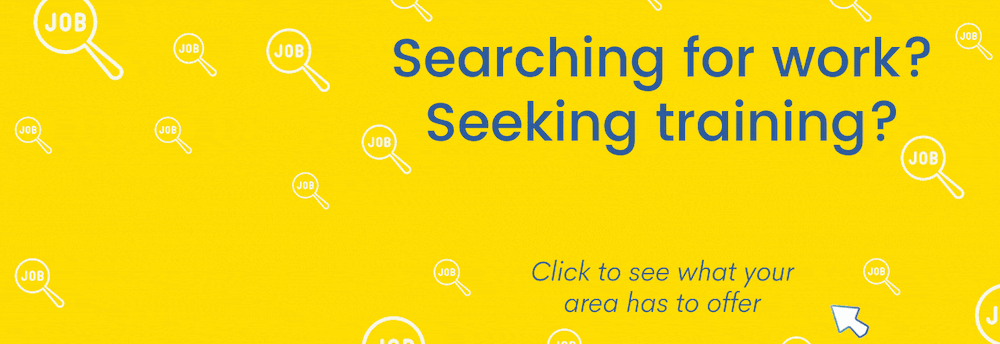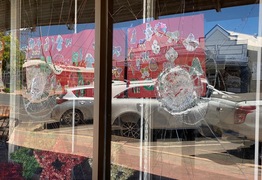National cabinet introduces new regulations amid pandemic problems
Laura Williams
06 January 2022, 1:22 AM
 The removal of testing requirements for truck drivers will hopefully help with supermarket supply issues.
The removal of testing requirements for truck drivers will hopefully help with supermarket supply issues.The federal government has announced changes to testing requirements following mounting public pressure, including measures to provide free rapid antigen tests to eligible recipients and to prosecute retailers found guilty of price gouging.
Up to 8pm last night across the Western NSW Local Health District (WNSWLHD) there were 524 new cases of Covid-19, including 57 cases in Western Plains Shires.
Of those cases, two were located in Bourke, four in Cobar, eight in Coonamble, six in Gilgandra, 14 in Narromine, four in Walgett, seven in Warren and 10 in the Warrumbungle Shire.
Health authorities warned that it is likely that there are more undiagnosed cases in the community.
The federal government intervened late yesterday afternoon (5 January), introducing measures aimed at reducing pressure on testing sites and pathology labs, as well as to prevent the ongoing price gouging of the increasingly sought after rapid antigen tests (RATs).
Following the Expenditure Review Committee of Cabinet yesterday, Prime Minister Scott Morrison announced that 10 millions RATs will be provided to all states and territories.
The National Cabinet agreed that up to 10 RATs over three months (a maximum of 5 in a month) will be made available free through pharmacies to concessional residents, including holders of a Health Care Card and Pension Concession Card.
Prime Minister Morrison reiterated that tests will not be made universally free.
“Universal free access to tests was not agreed by any of the states and territories today, or the Commonwealth. I’ll make that very clear. Universal free access was not considered the right policy response by all of the states and territories in attendance today, and the Commonwealth,” Prime Minister Morrison said.
In NSW, however, there are still ongoing plans to make the tests free.
The Prime Minister also announced new regulations to prevent price gouging, which echo provisions put in place at the beginning of the pandemic following the demand of PPE and toilet paper.
“If you are selling a rapid antigen test for more than 120 per cent of, so a 20 per cent mark-up, on what you've paid for it to supply it, then you will be in breach of that regulation and that carries a penalty of $66,000 and up to five years in jail,” Prime Minister Morrison said.
Further measures will also be introduced to alleviate pressures on health services, including increasingly using rapid tests in sites, meaning that people will receive their results in 15 minutes, rather than the current 3-7 day wait times.
Authorities are still adamant that PCR testing sites should be left for those who need results, including close contacts and those with symptoms.
“So if it’s not an essential test, you’re not a close contact, you’re not symptomatic, you shouldn't be in those lines. In most cases, people in that situation don't require a test at all and they should go to the beach, go with their family or be at work or wherever, whatever their normal course of business is,” Prime Minister Morrison said.
The removal of seven day rolling tests for truck drivers will also work to improve issues in logistics, as supermarkets have suffered from empty shelves following a shortage of truck drivers awaiting PCR tests.
Just hours before the announcement, the Transport Workers Union national secretary Michael Kaine said that large transport operators working out of major Australia ports had between a third and half of their workforce missing each day.
“We have a completely predictable scenario where drivers are delivering rapid tests to be sold on the shelves of supermarkets and pharmacies - but they, like most Australians, can’t access them themselves,” Mr Kaine said.
More information about how the new measures might impact you can be found at the WNSWLHD site.


